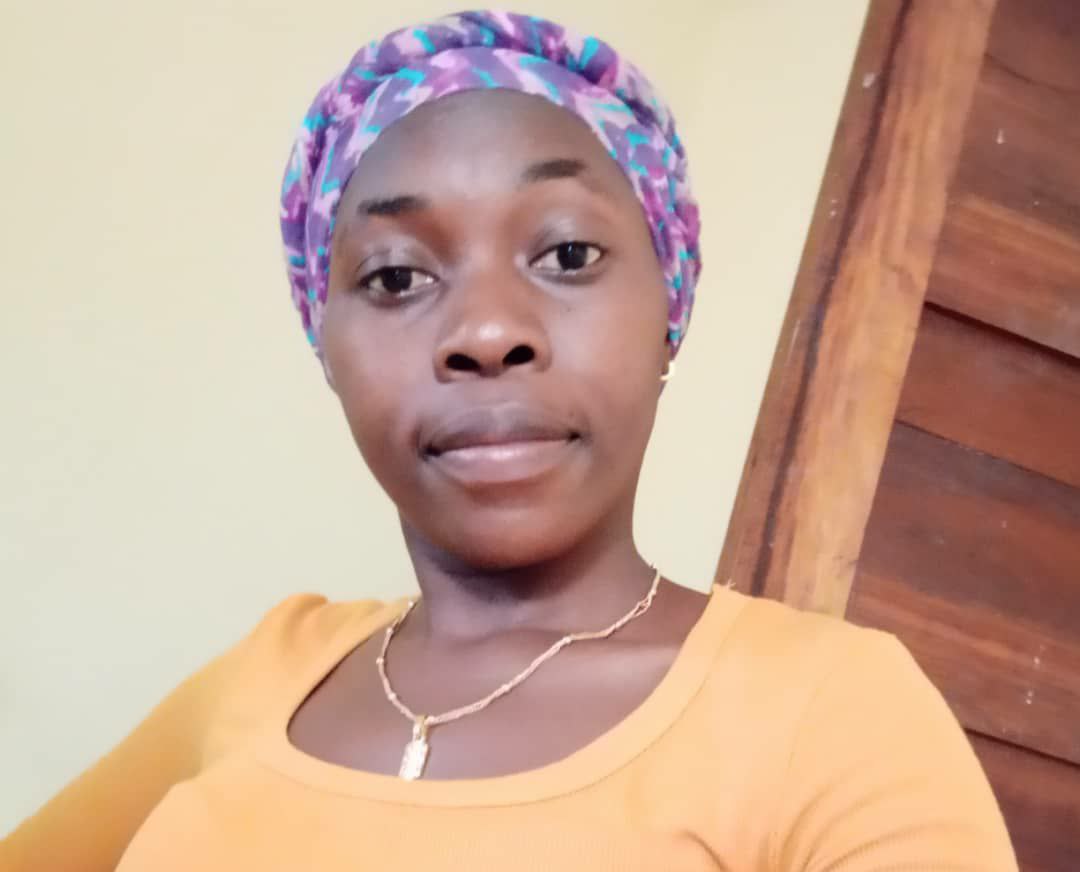Neema Mlawa

Once cereal grains like maize and rice have been harvested and threshed, they need to be winnowed to separate the grain from the chaff. In smaller farming communities across Tanzania, where poverty is common, farming work is done without the benefit of equipment. Traditional winnowing is a manual process, requiring farmers to gather the grains together and toss them into the wind. It’s long, slow, hard work dependent on the weather – because winnowing requires wind to blow away the chaff, there is a great deal of uncertainty around when crops will be ready for market; work has to be done around the whims of the weather. Fortunately, innovator Neema Mliawa envisioned a better way to winnow.
A participant in Twende’s Creative Capacity Building (CCB) workshop, Neema was inspired by the challenges set forth in the workshop and, using materials supplied by Twende, created a prototype of an automated cereals winnower. Not only does her machine reduce the time and effort needed for this important task, it eliminates the unpredictable variables of weather and wind. The work is done in a fraction of the time it used to take – with very little effort to run the machine. Best of all, winnowing can now be done on the farmer’s schedule, ensuring a minimum of crop loss due to spoilage.
After selling her first prototype, Neema made a few minor adjustments and continued to make her machine available to farmers and entrepreneurs in farming communities. Because it runs on either solar or battery power, the winnower is especially efficient in areas where electricity is not widely available.
The materials to build the machines are obtained locally, and pricing depends on the cost of materials. With a price point generally between TSh 450,000 and TSh 520,000 (approximately €179 – €207, £148-£172 or $174-$224 U.S.), the machines can either be purchased or used through a barter agreement; the machine is loaned to farmers who then provide a portion of their crop as payment.
Satisfied that her innovation is working as designed to make life easier for small-holder farmers, Neema is looking forward to her next innovative journey.

